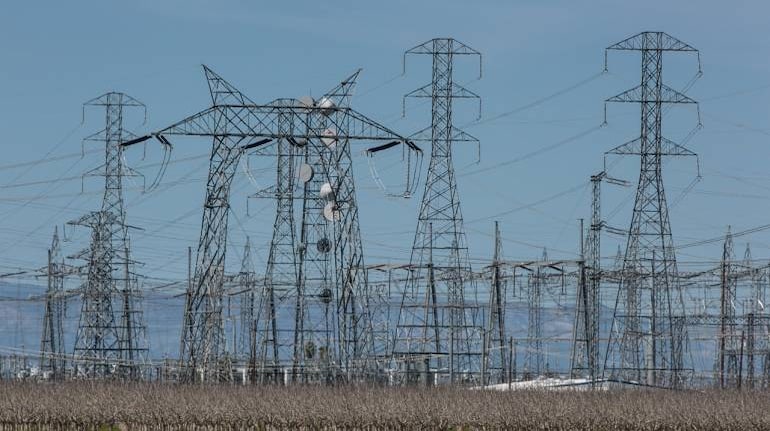
The Ministry of Power has set up a committee to explore the possibility of running plants producing cheaper power at sub-optimal capacity so that their output can be increased when demand starts peaking, an official familiar with the development told Moneycontrol. This arrangement will ensure the cost of power doesn’t go up due to a heightened demand.
Currently, cheap power is run at a base load while costly power is operated for peak load. This means that plants producing costly power are the first to be asked to ‘back down’ or cut generation when demand is low while plants producing cheap power continue to run at full capacity.
“There is a view that power prices rise unreasonably when demand is high. Operating plants producing cheaper power at sub-optimal capacity will allow them to generate higher output when demand is high without leading to a rise in power cost as it is only the cheaper power that will be ramped up and put into use," an official familiar with the development told Moneycontrol.
An official, with experience in both public and private sector generation companies, differed, terming it a self-defeating exercise. “This could keep the average prices high as costly power, instead of being reserved for peak load, will now be operated at base load, leading to sustained high prices. This may distort the pricing whereby the regulator may be forced to look at already-high prices and fix an even higher tariff next time," he said.
Power tariff depends on several elements which are broadly categorised into two -- fixed and variable costs. Depreciation, capital expenditure including interest on loan and foreign exchange rate variation, return on equity promised to the power plant operator and cost of machinery including equipment mandated by law such as for pollution control come under fixed cost. Fuel cost is the main variable cost.
Whether they buy the power or not, distribution companies are obliged to pay fixed costs to the generation company. When end-demand goes down, distribution companies stop buying power and escape by just paying the generation companies the legally-obligated fixed costs.
“A lot will depend on how power plants are chosen, whether the cost of power from a given plant is the sole reason or other factors are also taken into account. Else, the government may end up forcing cheap power out of the market,” another official formerly employed with a power equipment maker said.
Discover the latest business news, Sensex, and Nifty updates. Obtain Personal Finance insights, tax queries, and expert opinions on Moneycontrol or download the Moneycontrol App to stay updated!